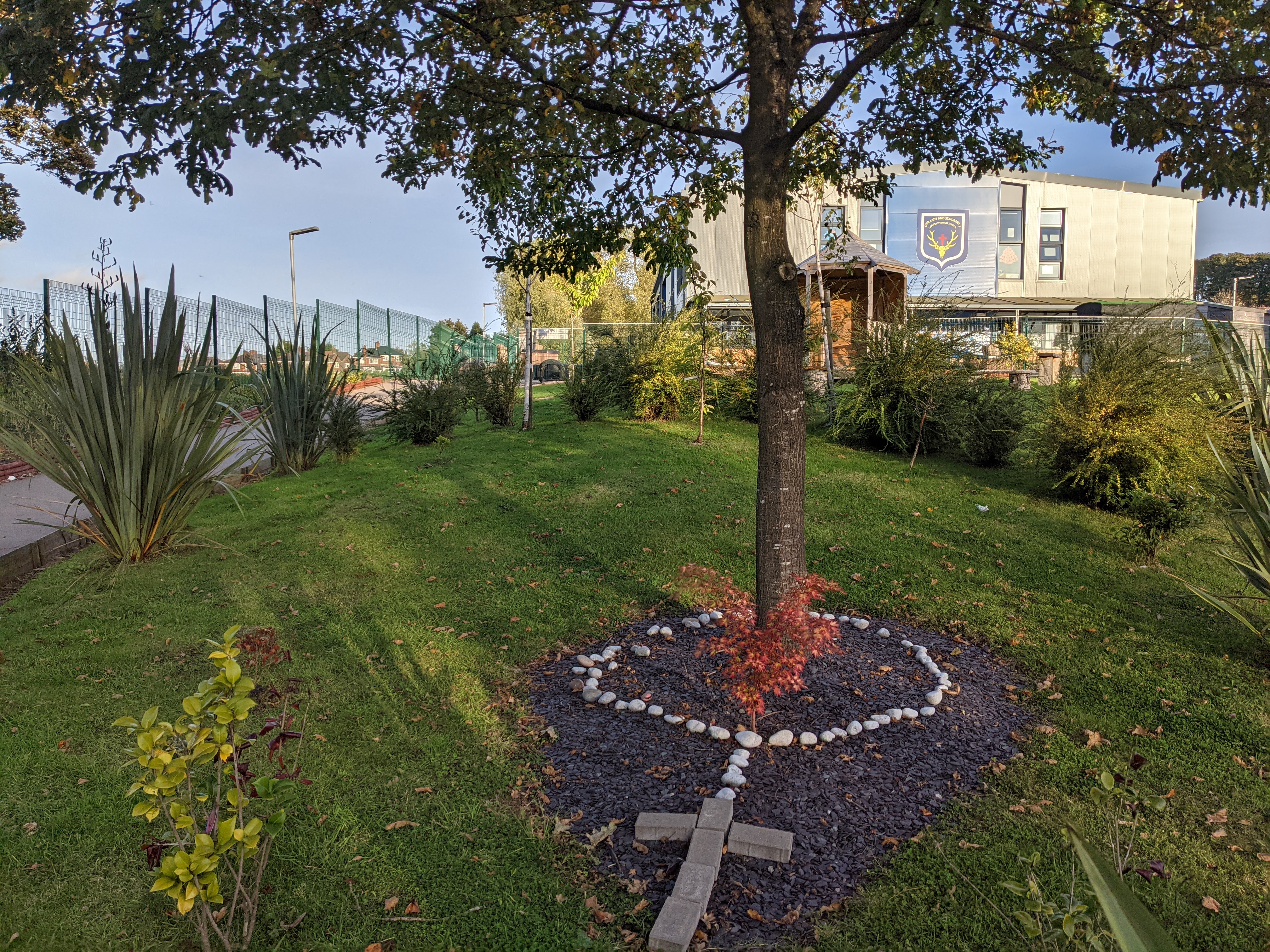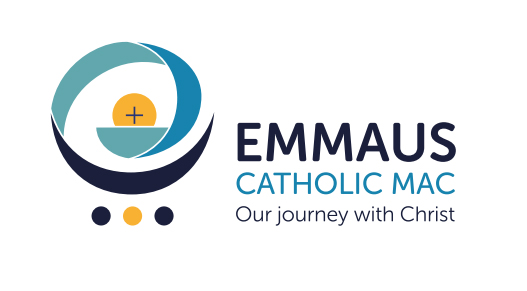Our Lady and St. Hubert's Catholic Primary School
Our Lady and St Hubert’s is an inclusive school guided by the Gospel values that are expressed in our school aims and governors’ ethos statement. These aims promote inclusive education in its widest sense in all areas of school life."
Virtual TourThematic Curriculum
Click to look deeper into how we implement our intended curriculum and the impact it has on our children
Read MoreVirtues and Values
We focus on the core Gospel Values of our pupils - find out more about our Values and Virtues
Read More


.jpg)







